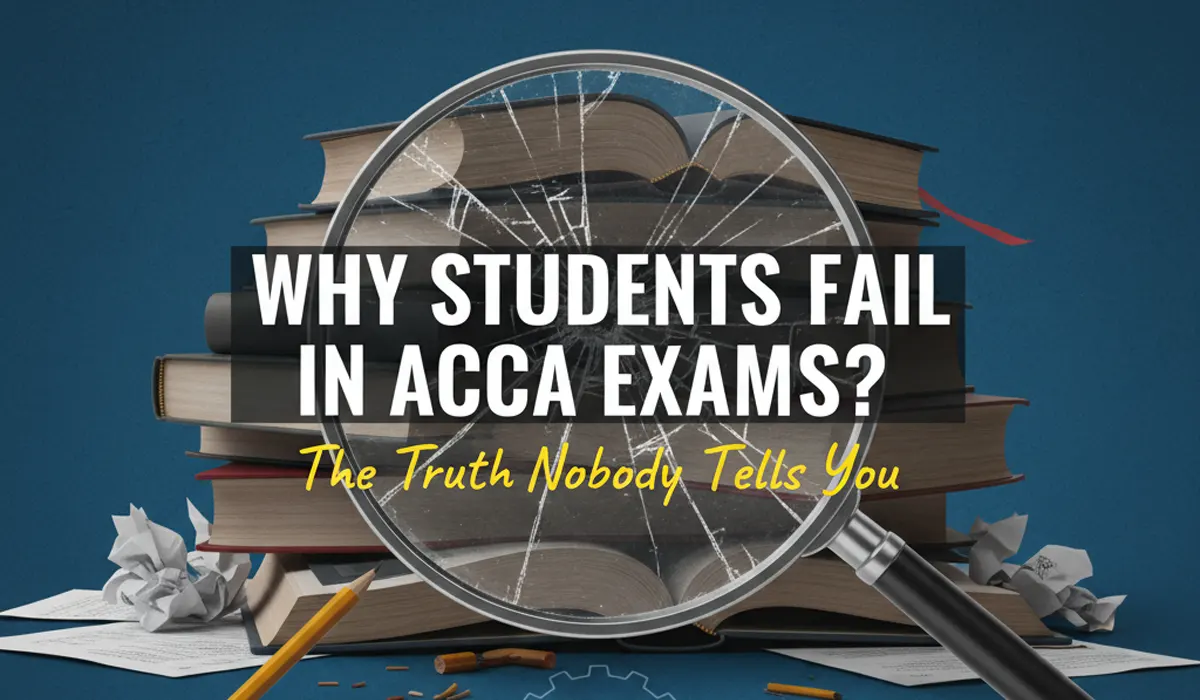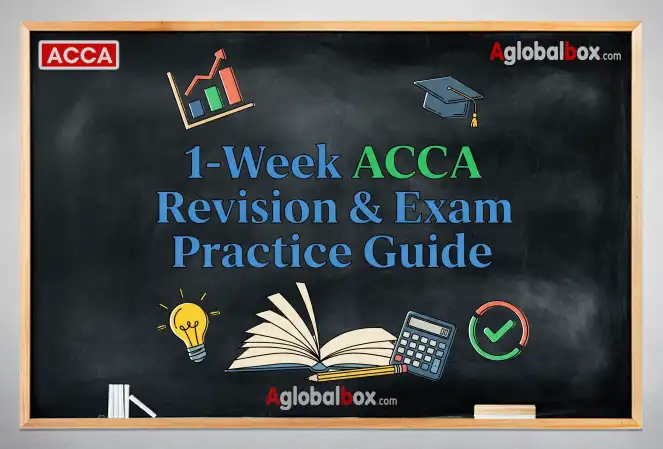These are ACCA F4 Global (CL/LW) Corporate and Business Law MCQs for Part-E of the Syllabus “Capital and the financing of companies”.
These multiple-choice questions (MCQs) are designed to help ACCA F4 Global students to better understand the exam format. We aim to instill in students the habit of practicing online for their CBE exams. By doing so, students can reduce exam stress and prepare more effectively.
Please note:
- Students should not attempt these MCQs until they have studied the entire chapter.
- All questions are compulsory, so please do not skip any.
We hope that these MCQs will be a valuable resource for students preparing for the ACCA F4 Global (CL/LW) exam.
INFORMATION ABOUT THESE CBE MCQs Test/Quiz
| Course: | ACCA – Association of Chartered Certified Accountants |
| Fundamental Level: | Applied Skills |
| Subject: | Corporate and Business Law |
| Paper: | F4 Global – CL/LW |
| Chapter: | Share capital |
| Chapter Number: | 15 of the Practice and Exam Kit |
| Syllabus Area: | E – “Capital and the financing of companies” |
| Questions Type: | CBE MCQs |
| Exam Section: | Section A |
Syllabus Area
These Multiple Choice Questions (MCQs) cover the Syllabus Area Part E of the Syllabus; “Capital and the financing of companies” of ACCA F4 Global (CL/LW) Corporate and Business Law Module.
Time
These MCQs are not time-bound. Take your time and solve them without stress. Pay proper attention and focus. Do not rush or hesitate.
Result
Students will get their F4 Global CBE MCQs Test results after they finish the entire test. They will also be able to see the correct and incorrect answers, as well as explanations for the incorrect questions.
Types of Questions
MCQs: Choose one from the given options.
Multiple choice: Choose all those answers which seem correct/ or incorrect to you, as per the requirement of the question. Keep your eye on the wording “( select all those which are correct/ or incorrect)“.
Drop-down: Select from the list provided.
Type numbers: Type your answer in numbers as per the requirement of the question.
- ACCA F4 Global MCQs
- CL/LW MCQs
- ACCA F4 Global CL Multiple Choice Questions
- Corporate and Business Law Online Multiple Choice Questions
- ACCA F4 Global CL Practice Questions Online
- ACCA Corporate and Business Law Online Practice Questions
- F4 Global Corporate and Business Law MCQs Online
- F4 Global MCQs
- ACCA MCQs
- ACCA F4 Global MCQs Chapter Wise
- Online F4 Global CBE MCQ QUIZ
- Online F4 Global CBE MOCK
- ACCA F4 Global Chapter 15 CBE MCQs Online
- F4 Global CL Chapter 15 MCQs Online
- F4 Global CL Chapter 15 CBE MCQs
- F4 Global CL Chapter 15 MCQs Online





